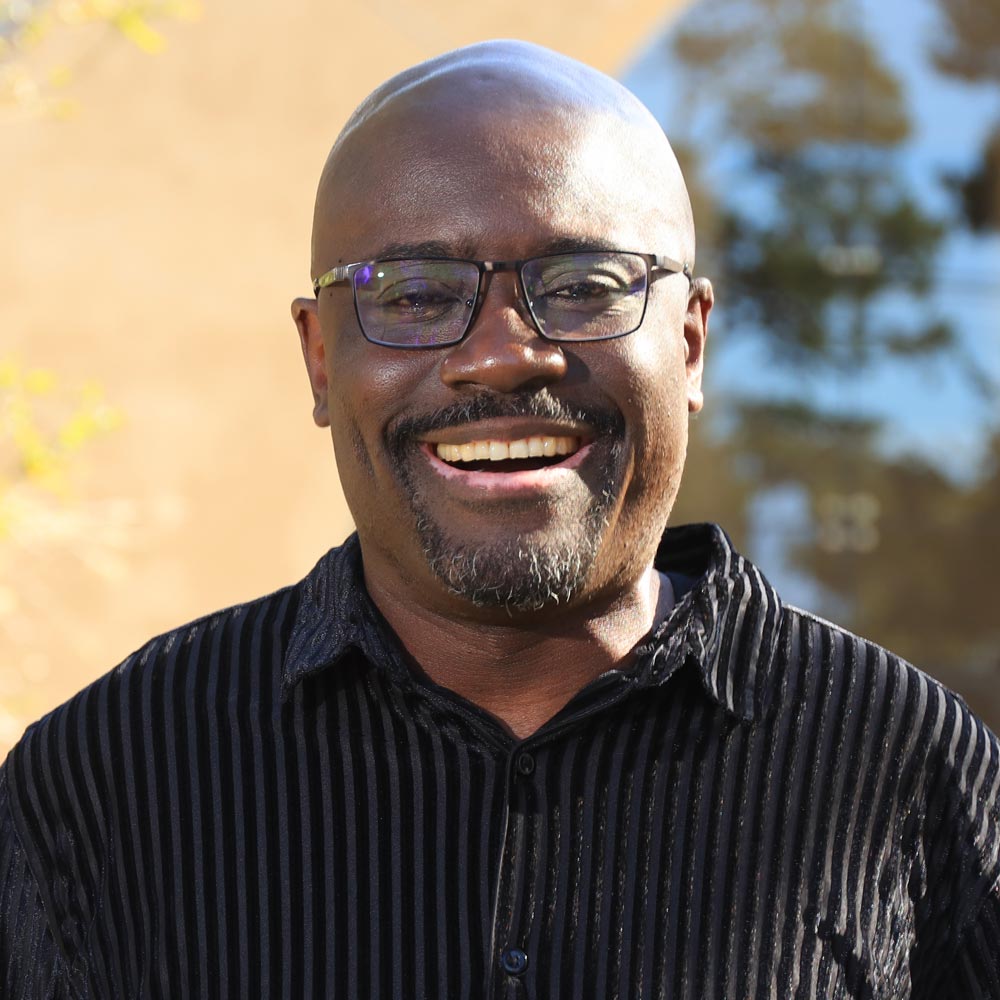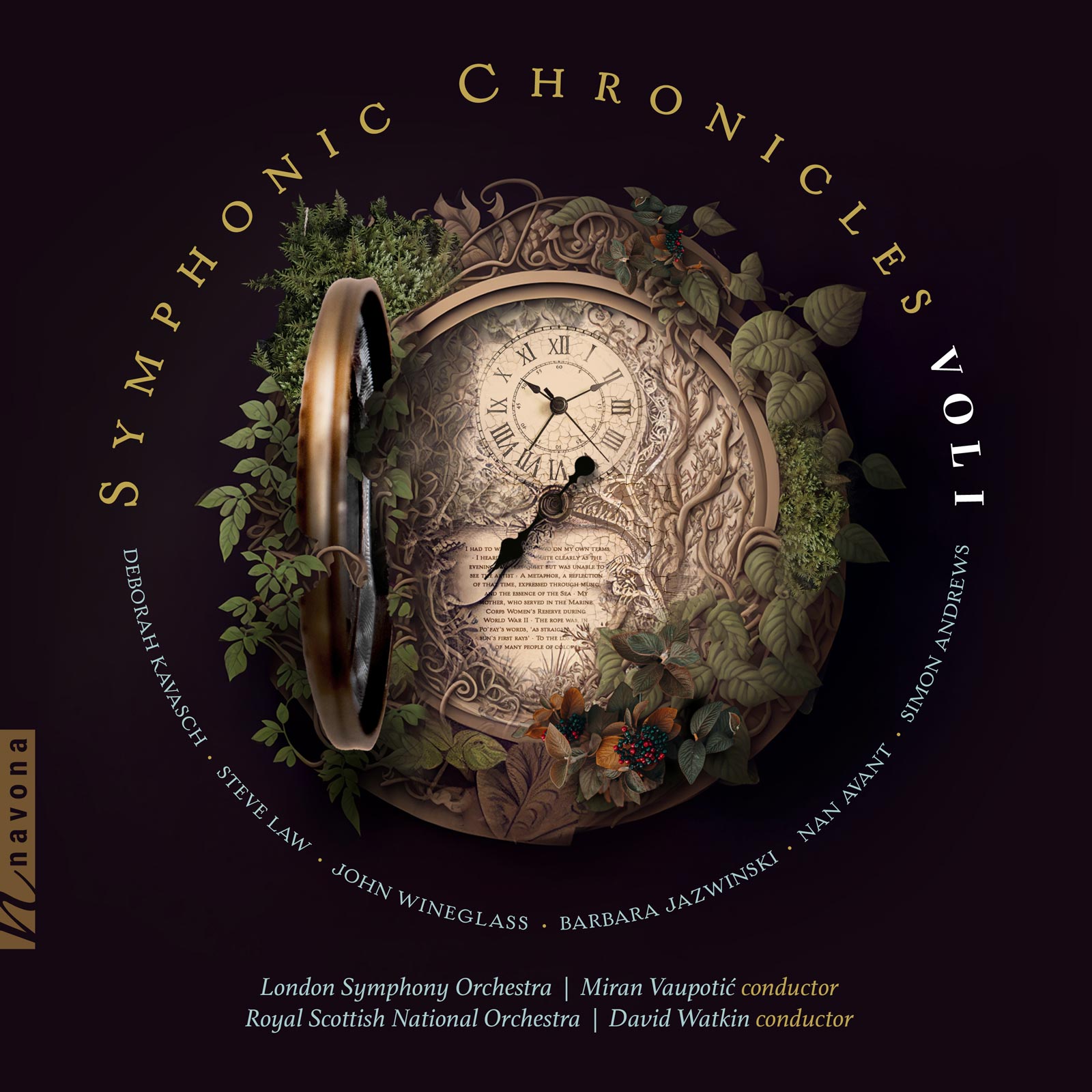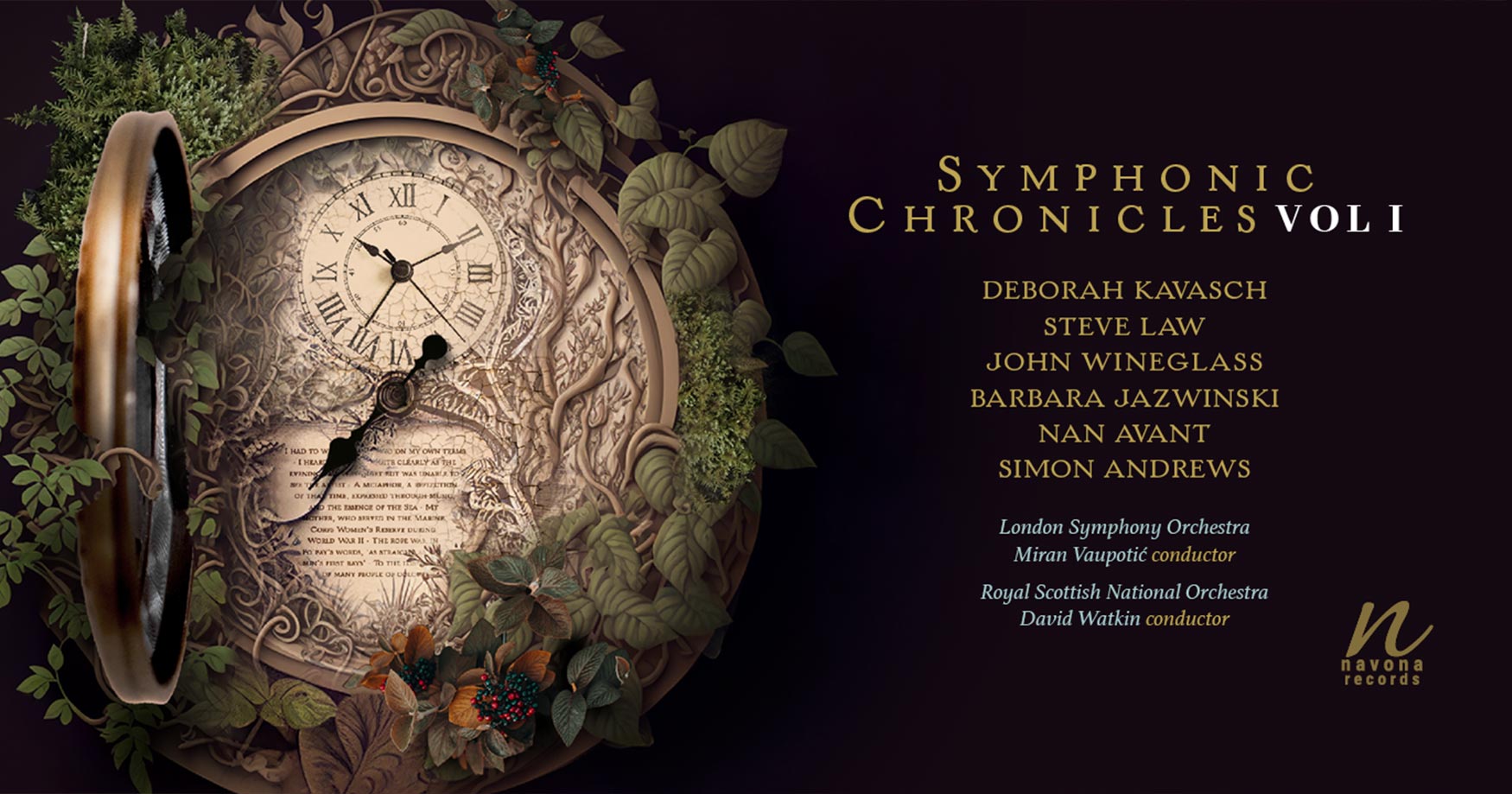
SYMPHONIC CHRONICLES VOL. 1 from Navona Records features the works of celebrated living composers from a wide variety of backgrounds and influences. Performed by the London Symphony Orchestra and Royal Scottish National Orchestra, the music touches on topics ranging from jazz to the COVID pandemic, racial injustice, and more.
PARMA Content Writer Shane Jozitis recently connected with the composers of SYMPHONIC CHRONICLES VOL. 1 to learn more about the inspirations, processes, and realizations behind their works. Read on for an exclusive deep dive into the creative minds behind this Navona Records release.
SJ: The themes of these works are multifarious, ranging from the highly personal to the most universal. Where does your piece fall on this spectrum, and what message do you hope to convey?
JW: Being an American of color myself, my composition #elijah for Solo Violin and Orchestra is a highly personal work dedicated to the many lives lost at the hands of those who are entrusted to serve and protect here in the United States. Albeit, a mini-violin concerto, I title the work as such to differentiate and further highlight Elijah’s own story but equally the vital importance of “change” needed by law enforcement which is often in this work represented by the orchestra usually waring against the solo violin — which represents Elijah.
NA: “Soundness of the Sea for Violin and Orchestra” (Hymn) the first movement from the orchestral suite, Sirens of the Salish Sea is an introspective reflection that is both personal and universal at the same time, in that I composed the entire suite during the Spring and Summer of 2020 amidst the events taking place throughout our nation and globally, and speaks to the varied emotions I was personally experiencing. I live by the Salish Sea in the Pacific Northwest and I wanted to convey a sense of tranquility, beauty, and calmness of the sea as well as moments of disturbance or undercurrent, expressed through harmonic variances with clashing undertones. “Soundness of the Sea,” which I also titled “Hymn,” was (and is) a prayer for healing and peace in our world.
SJ: As a composer, what is the most important thing you’ve learned about writing works for large ensembles? Do you actively think about the lengthy tradition behind you, or do you approach it completely fresh?
JW: The most important thing I’ve learned about writing works for large ensembles is the endless combinations of colors that one can devise using regular traditional orchestration and continuously exploring extended techniques unique to each individual instrument. I often think about the lengthy tradition set before us but oftentimes combine those ideas with contemporary practices.
SL: You can feel daunted by the tradition but your main focus can only be finding the right sounds to express your music. I favor substance over effect but the orchestration needed to work and not feel stodgy. I had no experience of a professional orchestra and no help with the orchestration, so I could only use my observations and instinct. I did have a recording of a rough run through with the Worthing Philharmonic which was essential for making revisions. It was quite emotional for me when the RSNO started playing and I realized it was going to work.
SA: I think it is impossible to write for orchestra and not be aware of the vast tradition in which one is writing. Sometimes that legacy is so overwhelming that it renders me incapable of writing anything. The way I describe it is that sometimes the first step in creating a new piece of music is an act of forgetting.
SJ: When was the first time that you can remember an orchestra, ensemble or piece, make an impression upon you?
BJ: I vividly remember my trip to the Warsaw Philharmonic at the age of 5. My parents, who not only loved music but also were very musical themselves, took me to various small concerts and musical gatherings before, but this concert was different as it involved a symphony orchestra. I recall the sense of awe and surprise when the lights were dimmed and musicians started to come on stage, several of them carrying amazing instruments that I had never seen before. Then, the conductor came out and the concert began. To me, this concert was a unique adventure that had a profound effect on the way I hear and react to music. To this day, instrumental color and texture and languid rhythms fascinate me.
SL: John Williams’ music for Superman The Movie made a deep impression on me as a young boy. I’m sure it got into my subconscious. I remember hearing the theme from The Big Country in a live orchestral concert on an early school trip. John Williams’ music contained the influence of many composers I would discover later in life — Copland, Prokofiev, Debussy, Wagner, etc. I’ve always had a romantic and melodic leaning, so it probably stemmed from here.
SJ: How did your instrumental background inform the way you wrote this piece? How do you go about the process of trying to get your compositional mind into the fingers and hands of the players during the writing process?
JW: My affiliation with the orchestra began at the very young age of 6 with the viola as my primary instrument. I usually sat fourth chair in my local youth orchestra who traveled the world during summers and that fueled my crave for this artist type of life. Sitting next to the second violins or celli (depending on the configuration), in front of the oboes and flutes with soaring brass from the back of the section made for a unique, privileged, and amazing education in orchestration. This opportunity has greatly informed the way I compose. This particular work is one of three violin concertos that I have and each player has always commented that, while difficult, the composition is so “under the fingers.”
SA: One of the paradoxes of being a composer is that while you try to free yourself from being overly influenced by a tradition, the best way to learn any art form is through intensive, in-depth study of that tradition. Detailed score study is as important to a composer as it is for a conductor (which I also am). One of my favorite stories about orchestration/composing is attributed to Stravinsky: he is said to have asked a student “why did you give this tune to the violins?” To which the student replied: “because it is such an obvious string melody.” Stravinsky replied “Precisely! Give it to the trumpet.” It is an old adage that you have to know the rules to be able to break them, but for me, composing is a dance between tradition and one’s creative impulse, a dialogue between past and present.
SJ: Well said, everyone. Thank you for joining this roundtable discussion on SYMPHONIC CHRONICLES VOL 1.
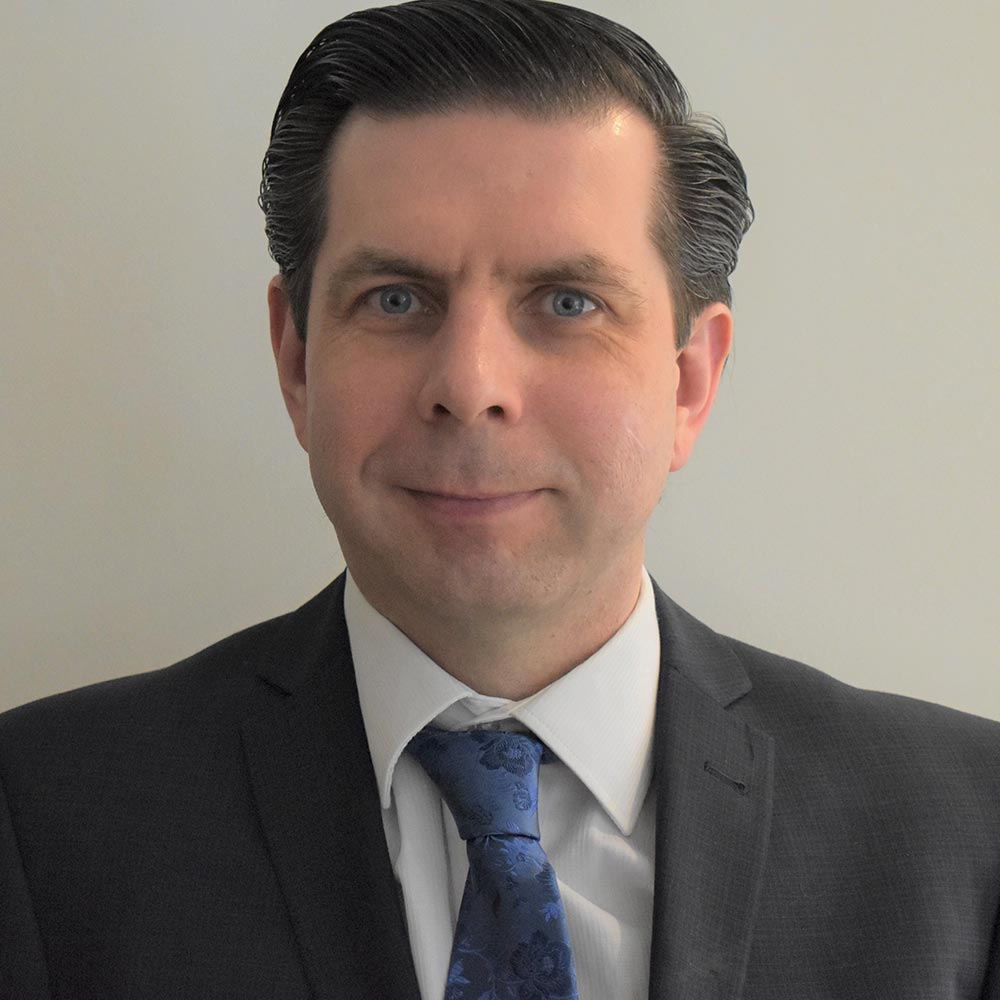
Steve Law is a British composer, arranger, and pianist. He studied composition at Bristol University under Raymond Warren and received a masters degree for his jazzy opera Heaven on Earth, which has been described as “a significant contribution to the genre.” Law has a gift for melody that is rare in contemporary music and a popular original style that assimilates jazz and pop influences. He has recorded and performed his music. Musicweb International described Law’s first solo piano album as “kaleidoscopically varied... impressionistic atmosphere... slowly burning passion.” His Violin Concerto was performed in Scotland and 3 Poems by Lorna Law were performed by Ferrier Award-winning baritone Gareth Brynmor John. Law is a published arranger of Dudley Moore’s music with Faber, and is working on a volume for the Gershwin Critical Edition.
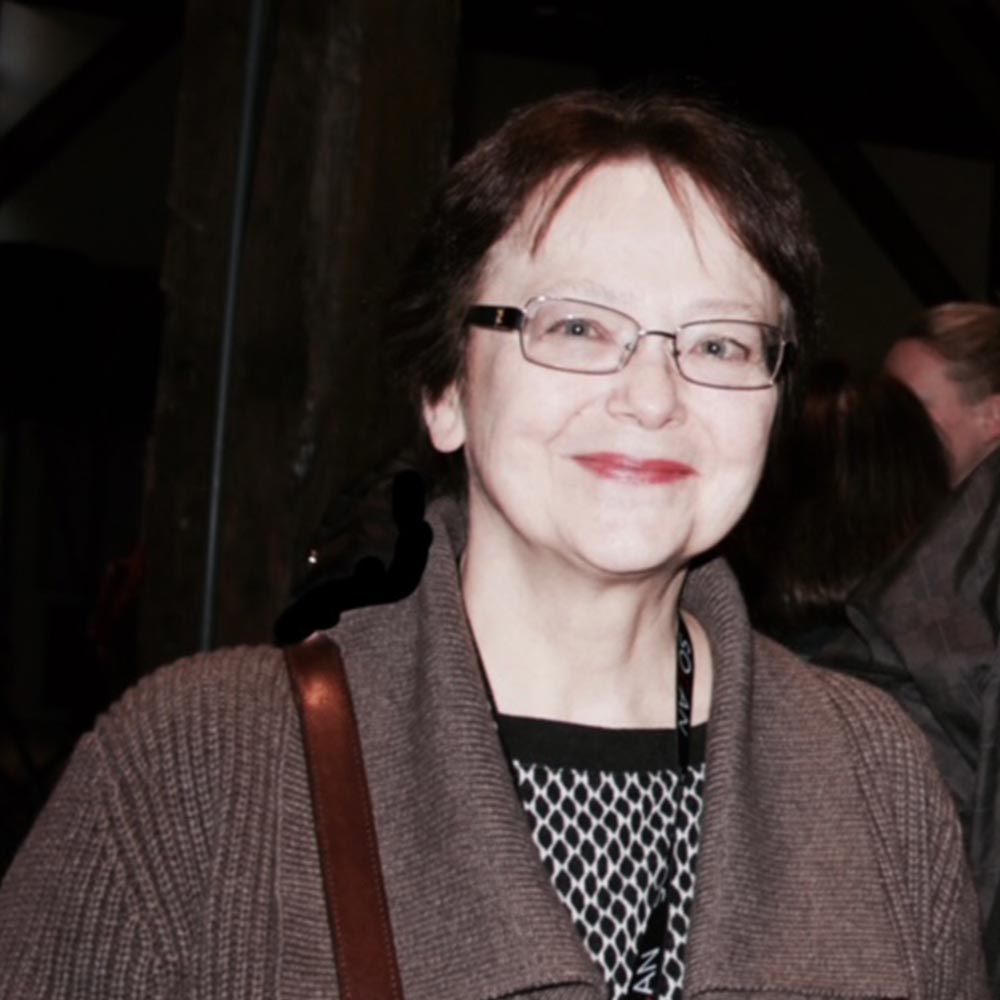
Barbara Jazwinski’s music has been heard throughout North America, Europe, and the Far East. Her portfolio, influenced by her Polish heritage and by the culture of New Orleans, her home for many years, includes over 100 original compositions in various genres and for many different vocal and instrumental ensembles. She has been commissioned by many artists and ensembles around the world and her works have been presented to critical acclaim at well-known concert series and international festivals. Among her numerous awards are the Prince Pierre of Monaco Composition Award and the First Prize in the Nicola De Lorenzo Composition Contest. Barbara Jazwinski’s compositions are available on several recording labels and on websites and radio stations around the world.
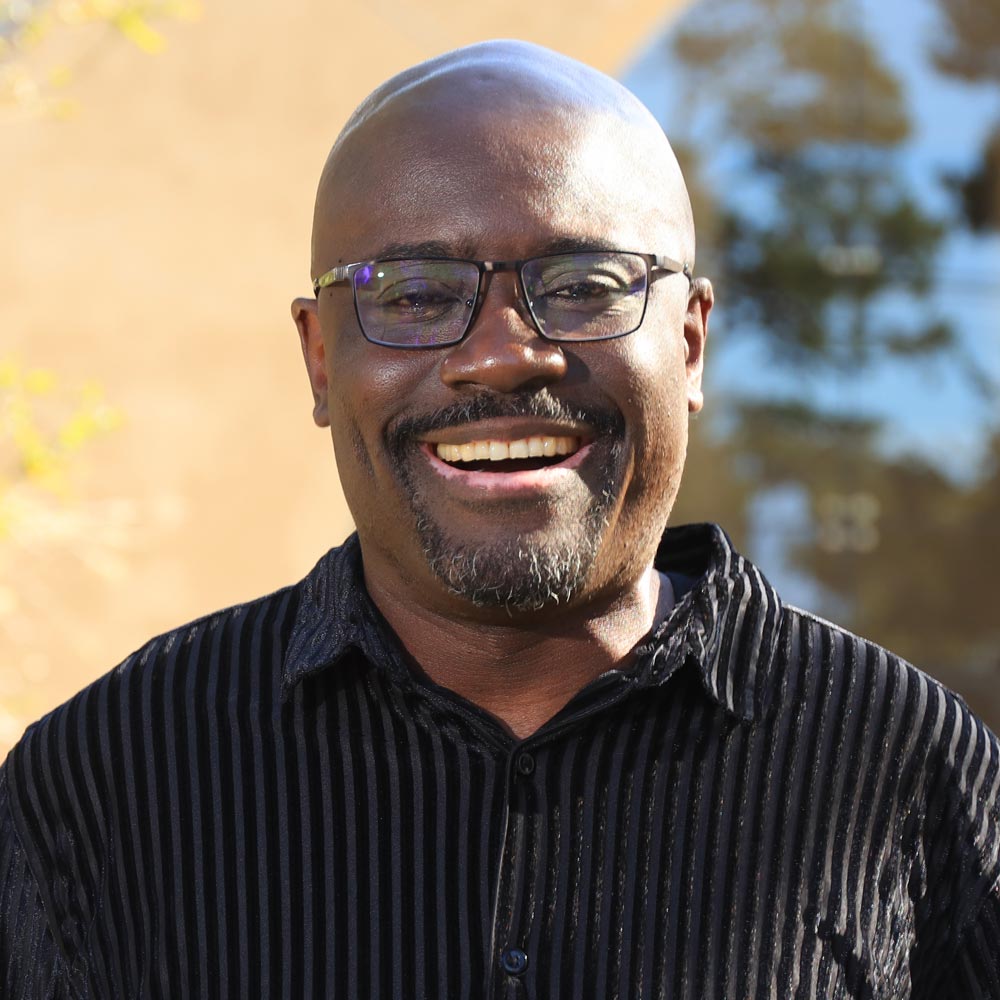
John Christopher Wineglass is a multiple ®EMMY Award-Winning Composer who has performed on five continents, before U.S. presidents since Ronald Reagan, and with several ®OSCAR and ®GRAMMY Award-winning artists including Aretha Franklin, Whitney Houston, and Jamie Foxx to name a few. He has written several scores and incidental music for shows on MSNBC, CNN, NBC, CBS, and ABC as well as documentaries on Headliners & Legends for The Brady Bunch, Kathy Lee Gifford, and Farah Fawcett. Having scored mainly independent films, several of his nationally syndicated commercials include music for the United States Army, American Red Cross, and Texaco as well.
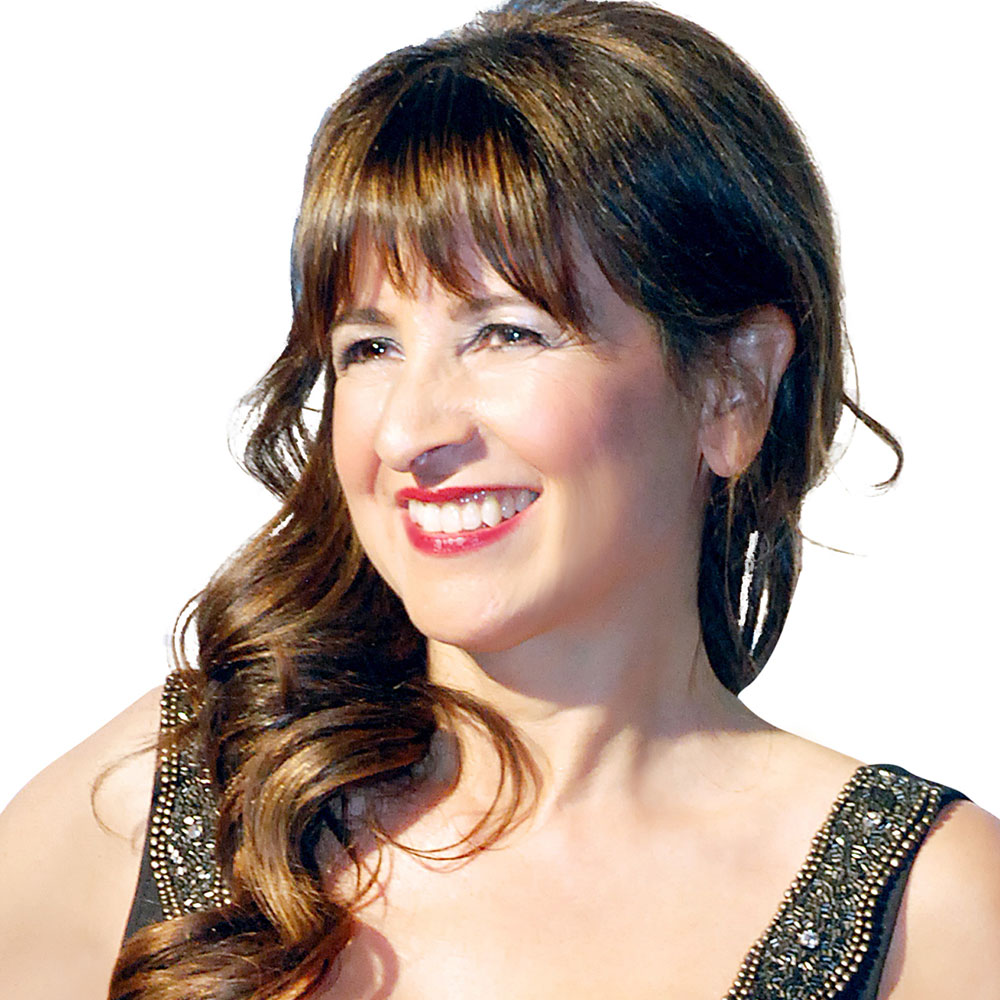
Nan Avant’s music embraces thematic and rhythmic intentions often reflecting her Latin heritage, encompassing her passion for classical, jazz, world, and ethnic music. Avant has won numerous awards including two Global Music Awards Silver Medals in 2022, was named a Finalist for The American Prize in orchestral composition and is a four-time nominee in the Hollywood Music in Media Awards. Avant’s Tributum for Celtic Bagpipes and Orchestra, recorded by the Royal Scottish National Orchestra, is on the ballot for first-round voting in the 65th Grammy Awards. Tributum enjoys airplay around the world, from Ireland’s Public Radio in the United Kingdom to Hawaii’s Maui Celtic Radio in the United States, and already boasts a Best Instrumental Song Award at the 13th Annual Independent Music Vox Populi Awards.
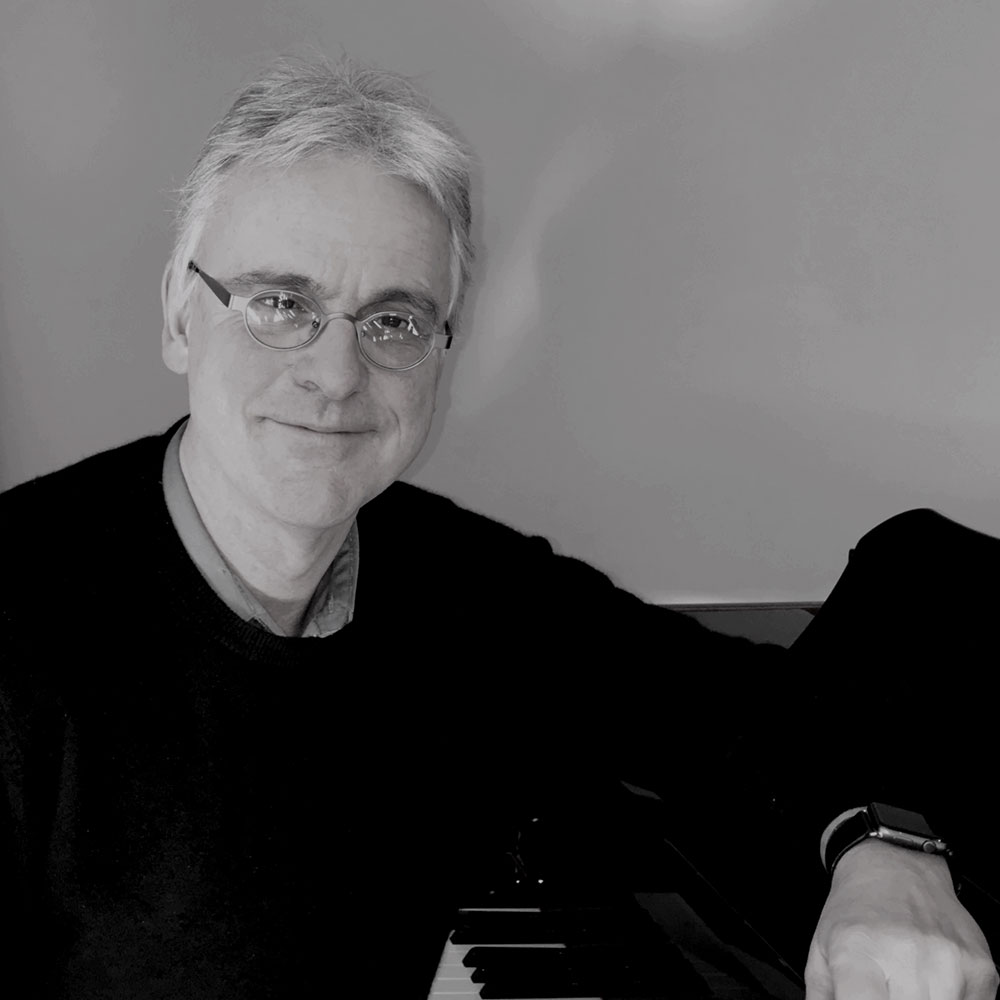
Simon Andrews is an English composer who is earning a reputation as a creator of eloquent concert music that blends harmonic complexity and lyricism, introversion and broad gestures, delicate timbres and bold statements. His output ranges from large-scale orchestral works and opera to intimate chamber music, with a special delight in chamber music with solo voices. He studied at Oxford University, and the Royal Academy of Music, and gained a Ph.D. from the University of California, Berkeley. Winner of the 1985 Benjamin Britten Prize, his music has been commissioned and performed to critical acclaim on both sides of the Atlantic.

